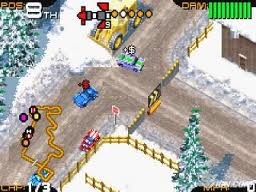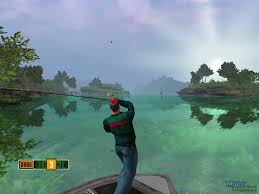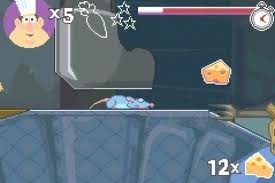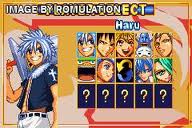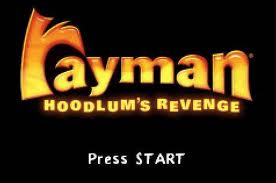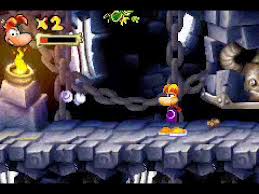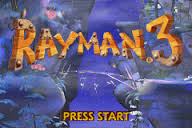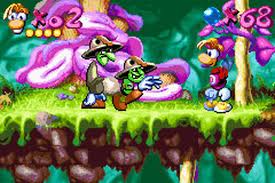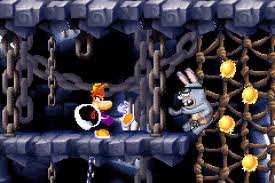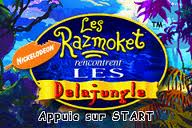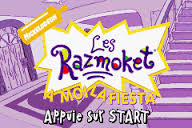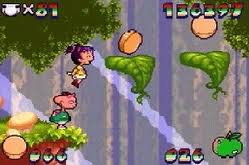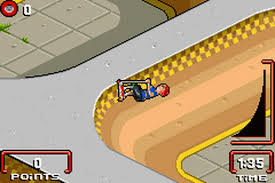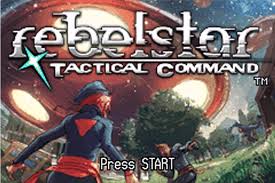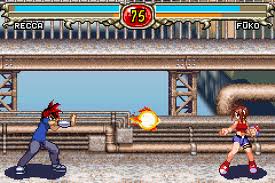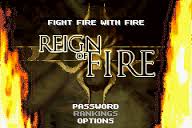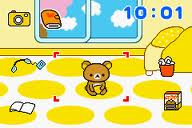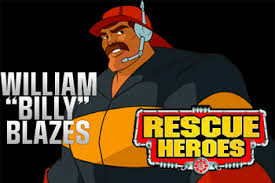Rayman is a platform video game series created by Michel Ancel and owned by Ubisoft. The original Rayman was a 2D sprite
Read moreRayman is a platform video game series created by Michel Ancel and owned by Ubisoft. The original Rayman was a 2D sprite based platformer similar to those of the 16 bit era. Rayman 2: The Great Escape moved the series into 3D, and added more variety to the gameplay with new actions such as being pulled through a marsh by a snake, riding a rocket, and the ability to temporarily swim in water. Rayman 3: Hoodlum Havoc kept the same core platforming of Rayman 2, but added timed power ups and had a bigger emphasis on combat. The handheld entries in the series have remained similar to the sprite-based original in gameplay in that they are mostly 2D; Rayman DS and Rayman 3D are the only exceptions to this, as both are ports of Rayman 2.
Rayman Raving Rabbids, which was at first planned to be a traditional platformer, turned into a mini-game collection late in development after the developers were able to try out the Wii Remote and Nunchuck. Early trailers for the game and early information portray it having a darker atmosphere than is typical of a Rayman game, and show Rayman riding animals including a giant spider. Rayman could alter his appearance, and his dancing style with it, and dance to entrance the Rabbids. Ultimately this idea was scrapped, and replaced with motion based mini-games similar to those in WarioWare: Smooth Moves. Rayman Raving Rabbids was also released on the Xbox 360, PlayStation 2, Nintendo DS, and PC despite being made around the motion-sensing Wii controller, and simply replaced physical actions with traditional button presses and stick movements. Rayman M features Rayman characters racing on foot through platformer like stages and battling in a separate arena mode. There has also been a Rayman educational game, Rayman Junior, which focused less on gameplay and more on learning.
The games in the main series have fairly distinct settings (sometimes described as different realms, etc. within Rayman's home world) and plots. Nonetheless, besides the titular hero, several characters (Globox, Murfy, Ly) and themes (freeing magical beings from cages, collecting magical energy, etc.) do appear with some regularity. As of April 2014, the main series had sold over 25 million units worldwide, while Raving Rabbids series had sold 14 million.



